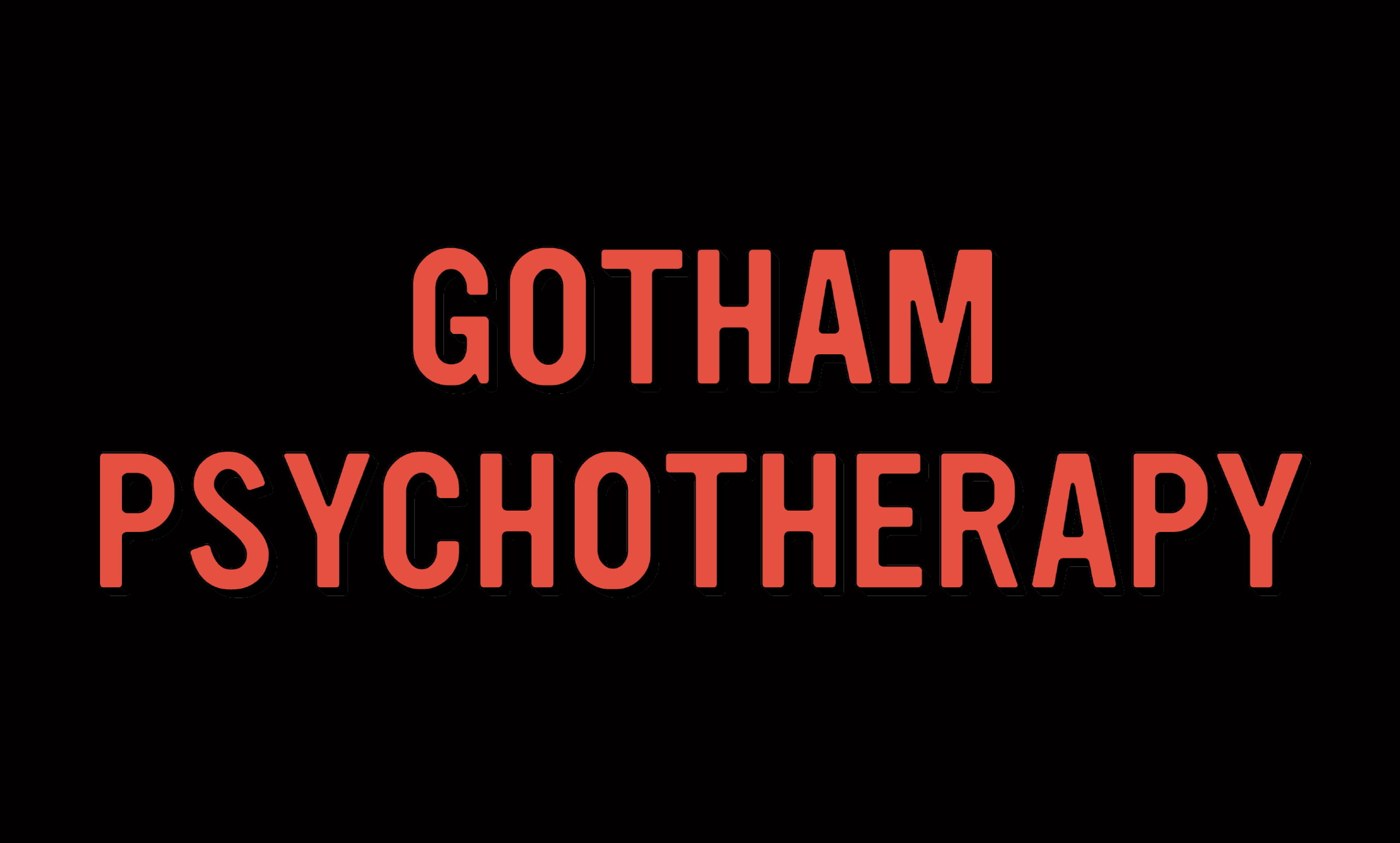Children and Adolescents Program

Gotham Psychotherapy's Children and Adolescents Program serves children, adolescents, and families with a focus on improving familial relationships, addressing developmental challenges, and promoting mental well-being. The program offers evidence-based interventions that enhance the emotional, psychological, and relational functioning of its clients.
The practice employs the principles of developmental psychology and milestones and principles to guide interventions, ensuring that clients are understood within the context of their age-appropriate needs.
The program specializes in family systems therapy and developmental psychology.
- Family systems theory posits that individual behavior is often influenced by the larger family dynamic. Therapy sessions will work to uncover and address maladaptive relational patterns, promoting healthier interactions among family members.
- Developmental psychology will be another cornerstone, particularly when working with children and adolescents. The practice will use developmental milestones and principles to guide interventions, ensuring that clients are understood within the context of their age-appropriate needs.
Gotham Psychotherapy's Children and Adolescents Program serves:
- Youth < 13 years
- Teens 13-18 years
- Parents of children 2-18 years
- Families
-
Focus on family dynamics, communication, and emotional bonds.
-
Assist families dealing with conflict, divorce, grief, or parenting challenges.
-
Use of evidence-based interventions like structural family therapy (Minuchin), strategic therapy, and Bowen’s family systems theory to address issues like anxiety, depression, and behavior disorders in children.
-
Conduct therapy targeting the specific developmental needs of adolescents (e.g., identity formation, social challenges, academic pressures, family conflict).
-
Utilize cognitive behavioral therapy (CBT), Dialectical Behavioral Therapy (DBT), and other modalities designed to help adolescents manage emotional regulation, anxiety, and mood disorders.
-
Address common issues like ADHD, learning difficulties, and social-emotional development through the lens of developmental psychology.
-
Provide coaching and guidance for parents on how to support their children’s emotional and developmental needs and maintaining their own emotional wellbeing.
-
Host workshops on communication, managing adolescent behavior, and navigating life transitions such as divorce, blended families, and empty nest syndrome.
-
Provide support for individuals navigating key life transitions (e.g., adolescence, becoming parents, career changes).
-
Play therapy is an evidenced-based therapeutic approach primarily used with younger children who may not have the verbal or emotional awareness to effectively communicate their feelings and experiences. This modality leverages the natural language of play to help children express their feelings, thoughts, and experiences in a way that allows for a more impactful interaction with the therapist.

